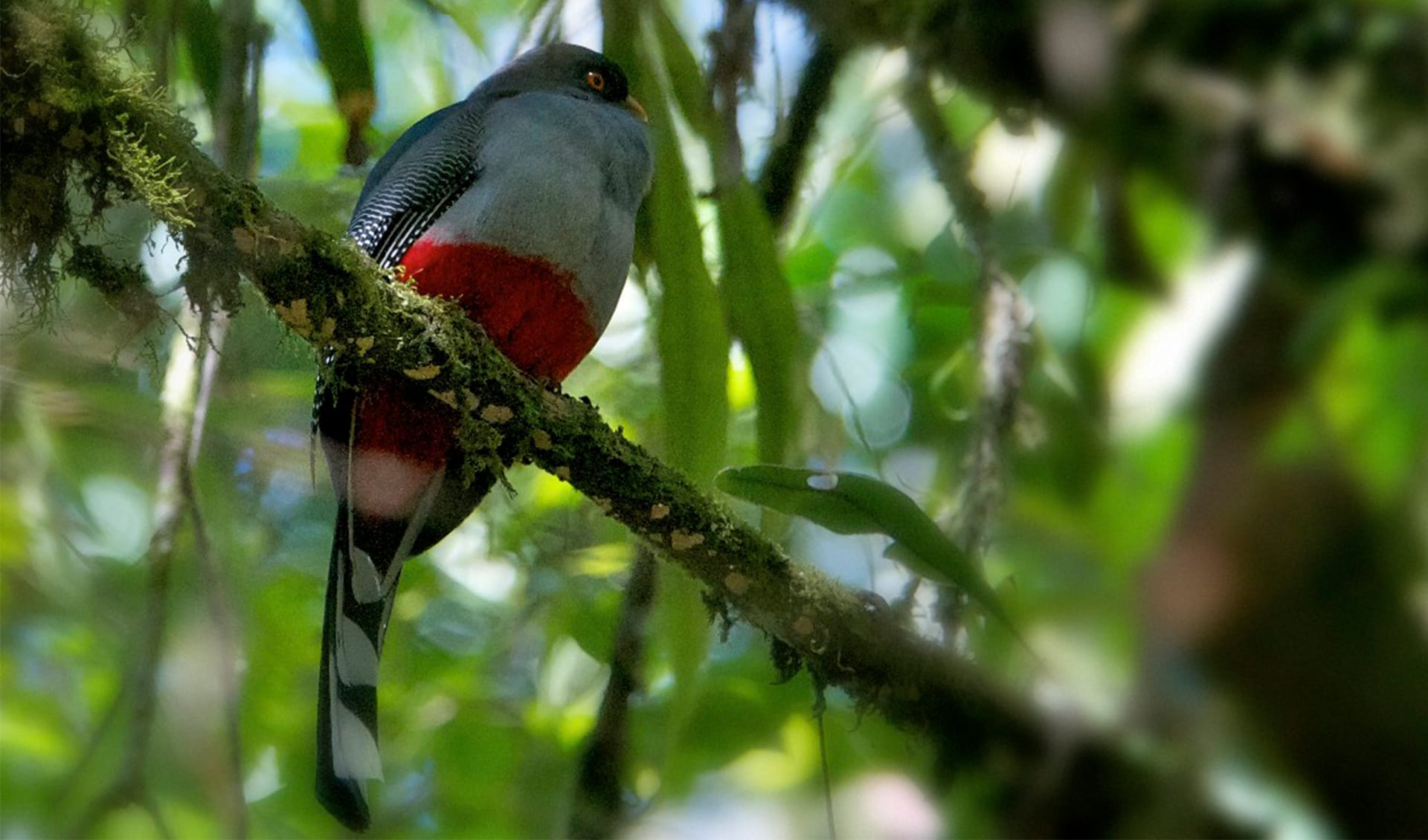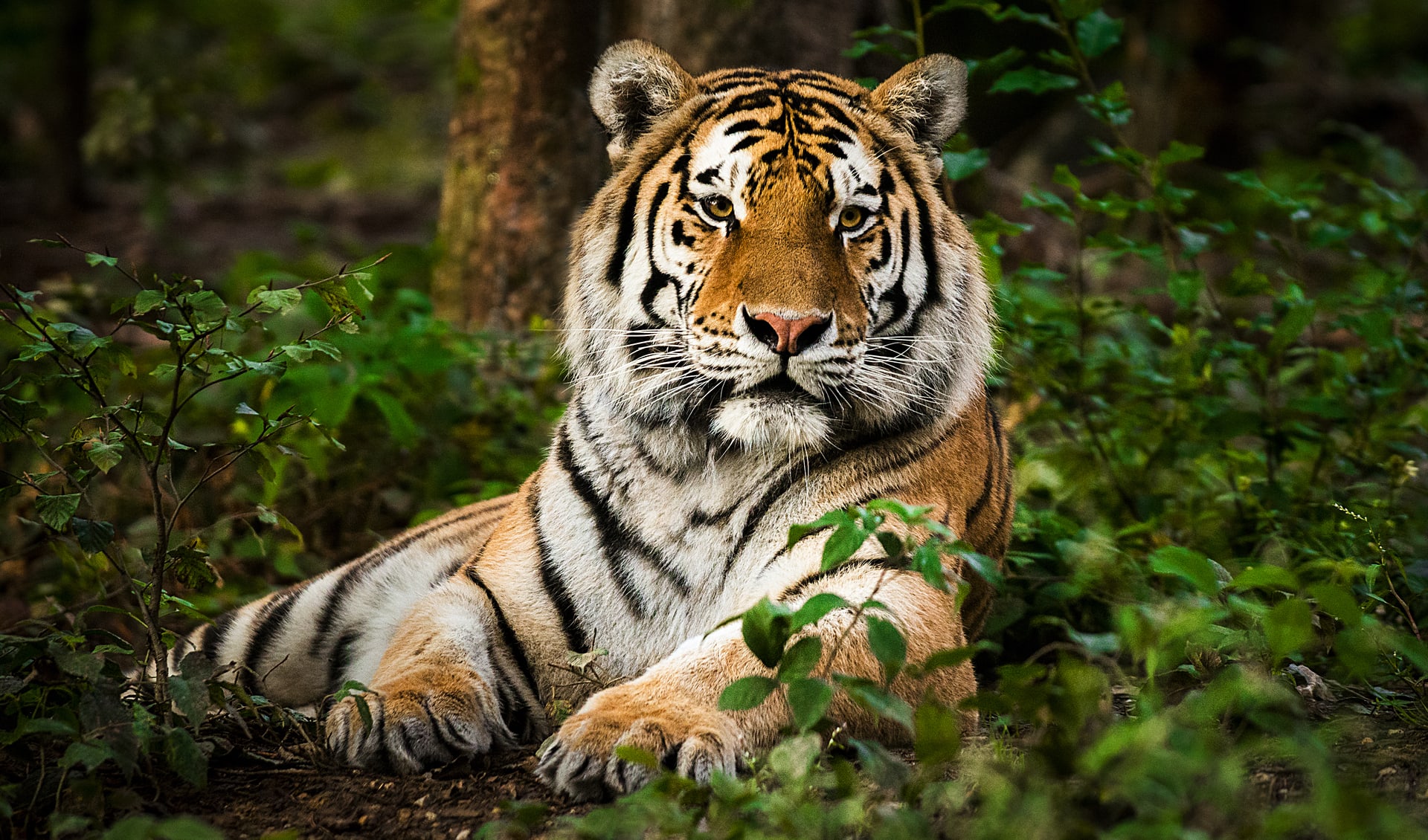Brad Pitt’s metal art collection
A distinctive bird species native to the island of Hispaniola, shared by the Dominican Republic and Haiti. It is part of the Trogonidae family, which is famous for their colorful plumage, and their presence in tropical forests worldwide. This particular species is the national bird of Haiti, symbolizing the richness of the Caribbean biodiversity.
Hispaniolan trogons exhibit sexual dimorphism, with males sporting a vibrant green back, blue-grey wing coverts, and a red belly that sharply contrast with the female’s more subdued hues of grey and white underparts. Both sexes possess a yellow orbital ring and bill, with males displaying a more prominent, almost square-shaped bill.
Trogons are known for their distinctive perching behavior, often sitting motionlessly while scanning for insects, their primary diet, as well as fruits and berries. Their hunting technique involves sallying out from a perch to snatch prey in mid-flight before returning to their original position to feast.
The breeding habits of the Hispaniolan trogon are in line with other trogons; they carve out nesting sites in termite nests or rotten trees where they lay up to four eggs. Both parents partake in incubating the eggs and feeding the altricial chicks once they hatch.
Due to their fruit-heavy diet, trogons play a significant ecological role as seed dispersers. They aid in the propagation of plants within their habitat, making them critical to maintaining forest health and diversity.
Distribution
 Dominican Republic
Dominican Republic Haiti
HaitiAnything we've missed?
Help us improve this page by suggesting edits. Glory never dies!
Suggest an editGet to know me
Terrestrial / Aquatic
Altricial / Precocial
Polygamous / Monogamous
Dimorphic (szie) / Monomorphic
Active: Diurnal / Nocturnal
Social behavior: Solitary / Pack / Flock
Diet: Carnivore / Herbivore / Omnivore / Piscivorous / Insectivore
Migratory: Yes / No
Domesticated: Yes / No
Dangerous: Yes / No




